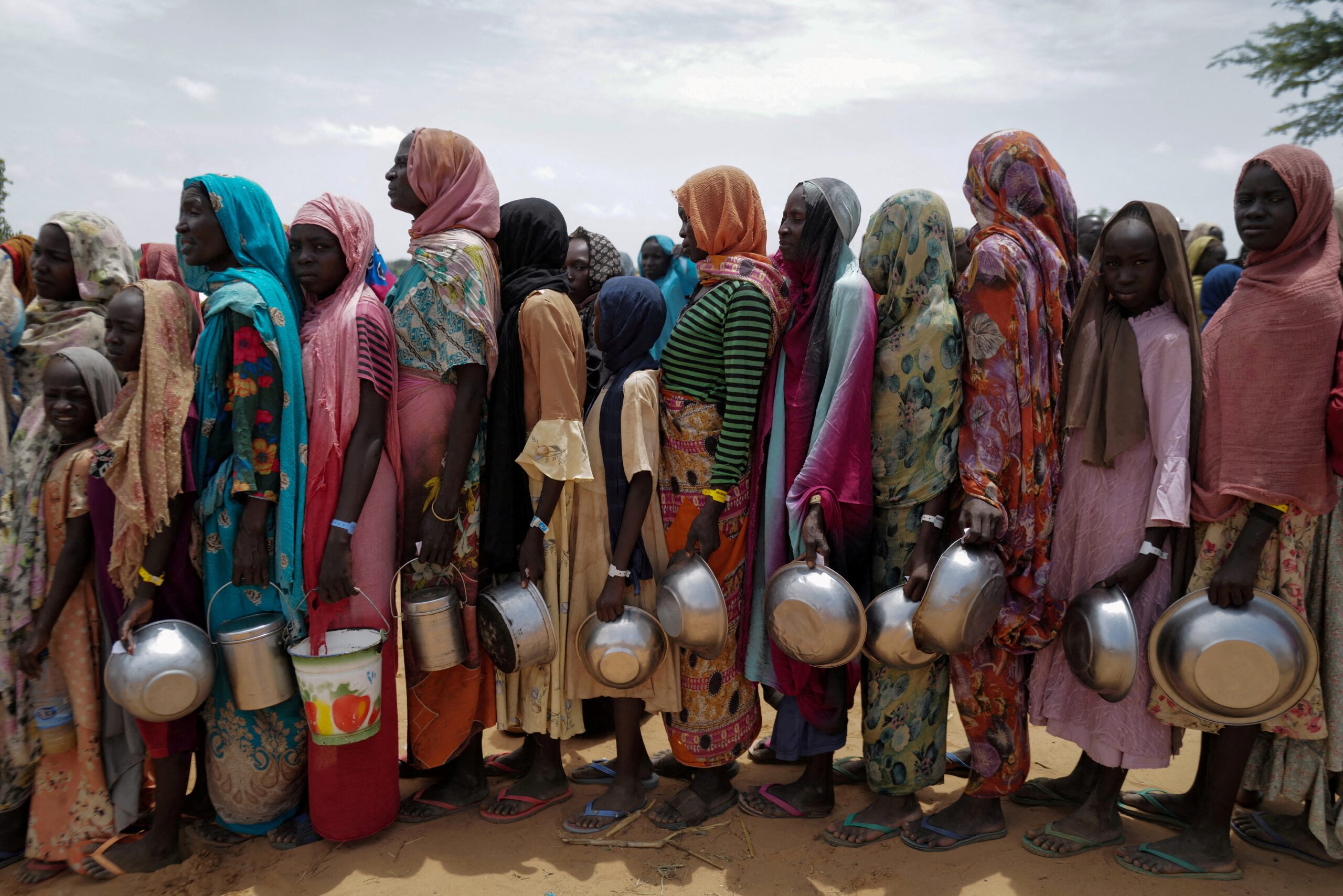The escalation of modern conflicts in Africa is not only claiming lives through violence but also through the deliberate use of hunger as a weapon of war. This disturbing trend is reversing the progress made in combating global hunger over the past decades, with children bearing the heaviest burden. Despite advancements in agricultural production and humanitarian aid, the response from both African and international communities remains inadequate, characterized by underreporting, limited aid, and political maneuvering.
The Devastating Impact of Conflict on Food Security
Countries like Burkina Faso, Sudan, Ethiopia, and the Democratic Republic of the Congo (DRC) are experiencing emergency levels of hunger due to ongoing conflicts. The crisis is exacerbated by the theft of supplies, obstruction of aid, and attacks on humanitarian workers by warring parties. In Sudan, for instance, a staggering 18 million people, including four million children, are at risk of becoming victims of the world’s largest hunger crisis. The situation is compounded by a cholera outbreak and dysfunctional healthcare systems in conflict zones.
Ethiopia, another country deeply affected by conflict and drought, urgently needs food assistance for over 20 million people. The situation in Tigray, where starvation is being used as a method of warfare, is particularly dire, with alarming rates of malnutrition and disrupted farming activities. Similarly, the DRC faces widespread food insecurity, with armed groups threatening aid delivery and exacerbating displacement.
Impact on Children
Children are disproportionately affected by the conflict-induced hunger crisis. In the DRC, the escalation of conflict has led to a sharp increase in child recruitment into armed groups, while in Sudan, millions of children are at risk of severe malnutrition. The grim reality of war is starkly illustrated by incidents such as the discovery of acutely malnourished orphaned twins rigged with explosive devices in the DRC.
Funding Shortfalls and Humanitarian Response
Despite the urgent need for humanitarian assistance, funding shortfalls severely hamper response efforts. In 2023, the World Food Programme (WFP) faced its worst funding gaps in history, resulting in ration cuts and reduced assistance coverage. Additionally, the UN’s inter-agency aid plans for countries like Sudan, Ethiopia, and the DRC are significantly underfunded, further exacerbating the crisis.
International Response and Accountability
The deliberate starvation of civilians and obstruction of humanitarian aid constitute war crimes under international law. However, the international community’s response to conflicts in Africa raises questions about selectivity and political will. While conflicts in regions like Ukraine receive significant attention and aid, African crises often face neglect. The African Union’s interventions, though existing, are insufficient due to funding constraints and limited resources.
Conclusion:
The devastating impact of conflict-induced hunger in Africa demands urgent and coordinated action from the international community. South Africa’s recent appeal to the International Court of Justice highlights the need for accountability and concerted efforts to address humanitarian crises. It is imperative to prioritize the protection of innocent civilians, particularly children, and ensure adequate funding and resources for effective response and long-term solutions to conflict-driven food insecurity.
















 The African Research (AR) Index is a comprehensive scholarly directory and database focused explicitly on journal publishers that publish and disseminate African research.
The African Research (AR) Index is a comprehensive scholarly directory and database focused explicitly on journal publishers that publish and disseminate African research.

